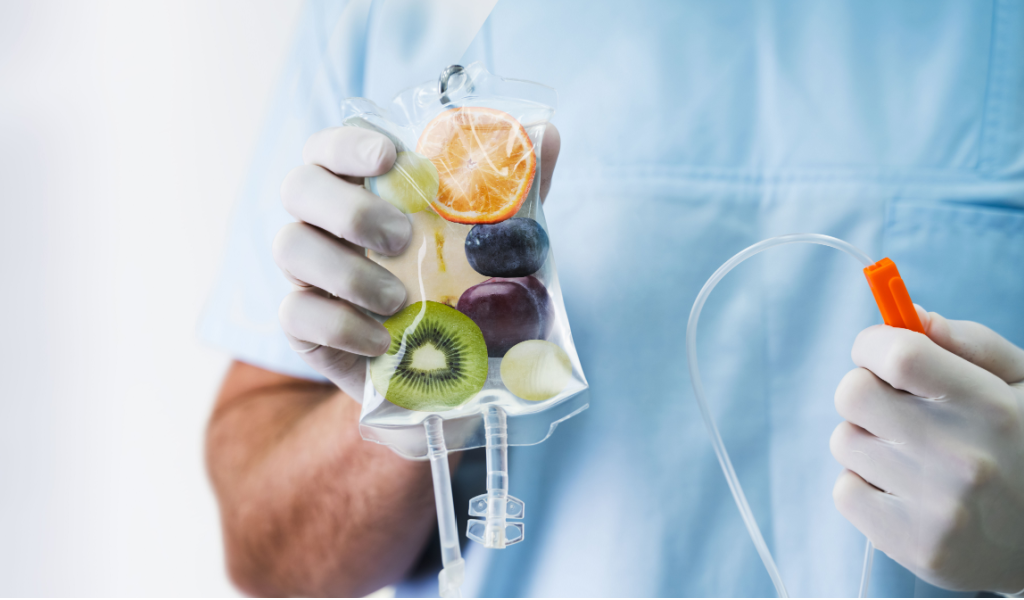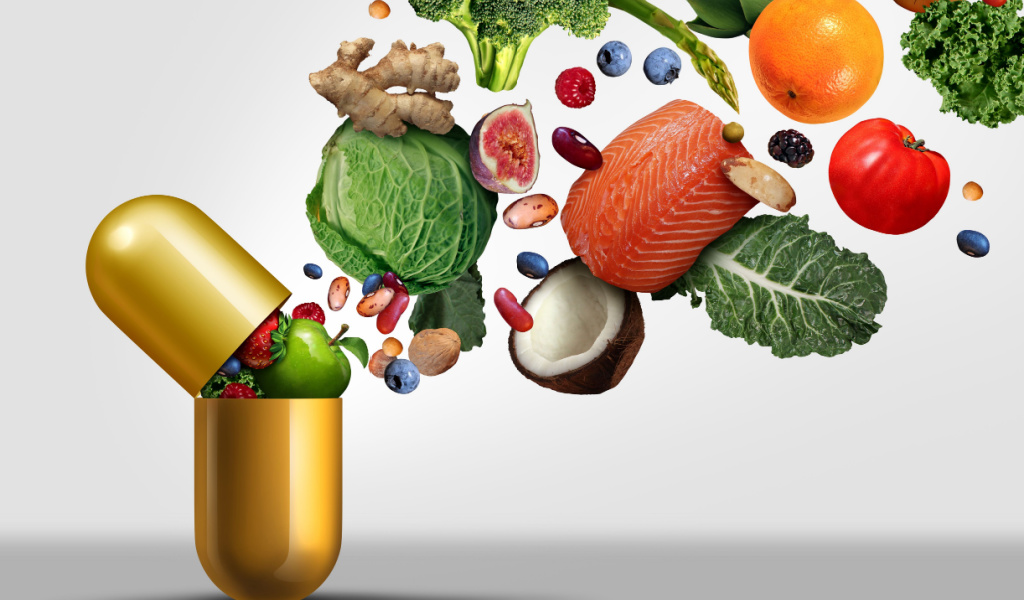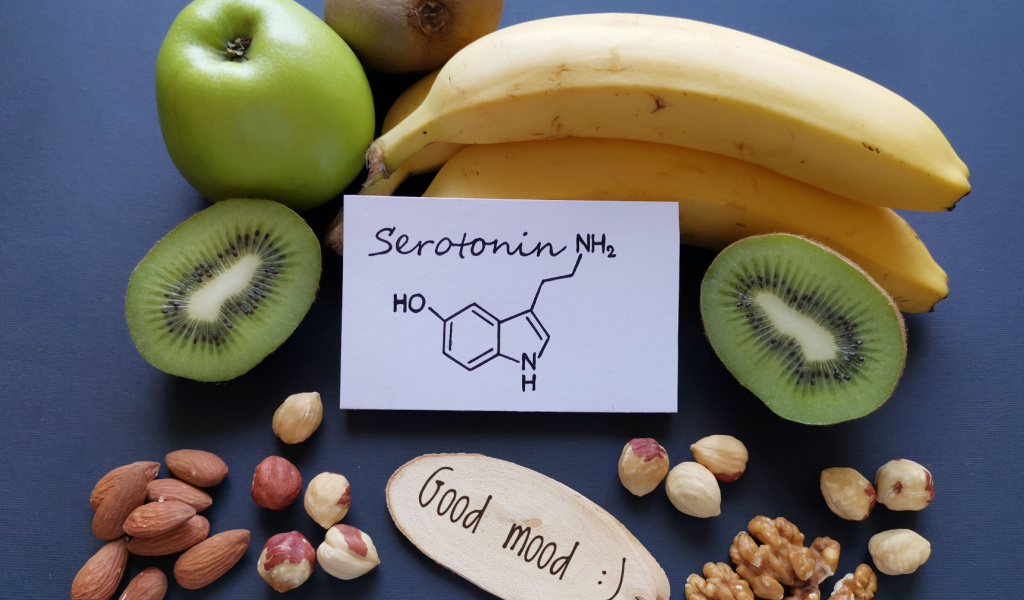Indeed, we attempt to get the maximum advantage of each day. This has led us to be extremely busy most of the time. Consequently, we search for shortcuts whenever and wherever we can. Thus, preparing nutritious, vitamin-rich meals has gone off our priority list. With convenience taking place everywhere and given the rapid increase in processed foods and quick meals, vitamin deficiencies are something we should be cautious about.
Indeed, vitamin deficiencies can lead to many unpleasant side effects. Your body uses indications to alert you of possible vitamin and mineral shortages. Brittle hair and nails, mouth blisters, hair loss, and scaly patches on your skin are a few indications of vitamin deficiencies. By identifying such symptoms, you can consider following an adequate diet. Indeed, there are numerous benefits to eating a healthy and balanced diet.

To be able to give our best, our bodies need to be in optimal condition. Here are some common signs of vitamin deficiency:
Aches & Pains
Muscle pain is primarily an indication of vitamin D and magnesium deficiency. It can occasionally be misunderstood as a sign of age or possibly as an exercise-related issue. Insufficient amounts of magnesium are mostly connected to muscle stiffness, tightness, and cramping. Low vitamin D levels are linked to muscle weakness, muscle pain, and bone discomfort. Additionally, vitamin D and magnesium are obtainable as pills and tinctures.
Mood Swings
Consuming sufficient vitamins and minerals to improve mental and cognitive health is paramount. Ensure to increase your intake of omega-3 fatty acids when you are feeling low. Fatty fish, such as salmon, sardines, and algae, contain omega-3, a necessary stimulant for the appropriate functioning of brain and cell communication.
Fatigue
Tiredness is a common and early indication of any vitamin deficiency. However, people often ignore it and take it as a sign of a physically active lifestyle. Ensuring that your body gets sufficient water is essential since tiredness is one of the first indications of dehydration. If the feeling of exhaustion continues following a restful sleep, it can indicate that you have specific nutritional deficiencies.
A lack of cellular energy minerals of vitamin B12, iron, and magnesium have the most impact, says Dr. Susan Mitmesser, VP of Science and Technology for Nurish by Nature Made. “Almost all nutrient shortfalls are tied to fatigue,” she explains. It is vital to pay close attention to symptoms that last long.
Fatigue Due to Iron Deficiency
Iron is essential for our overall health, particularly for pregnant or menstruating women. Elizabeth Somer, MA, RD, a Persona Nutrition’s medical advisory board member, states that Red blood cells, which carry oxygen to every one of the bodily tissues, require iron. “Inadequate iron intake deprives the muscles, organs, and brain of oxygen and may result in anemia, fatigue, weakness, and poor concentration, “ she adds.
A serum ferritin test can detect your iron deficiency before it leads to anemia – so if you suspect that you may be iron deficient, you can request this test during your next doctor’s visit.
Cracked Lips or Mouth
Cracked lips can sometimes be a side effect of the cold or herpes simplex, but more commonly, it is a vitamin B deficiency. Taking a B complex vitamin can help you with this deficiency.
Changes In the Hair Texture
Changes in the quality and texture of your hair can indicate a deficiency of folic acid, vitamin B12, vitamin B6, or iron. These vitamins and minerals help maintain healthy blood circulation, carrying oxygen to the scalp and hair. Somer states, “Poor intake can lead to reduced or fragile red blood cells, which can suffocate the hair and scalp.”
Changes in Vision
Specific issues with your eyes can indicate that your diet lacks components such as lutein and zeaxanthin, as well as the vitamins C and E. According to Somer, “The lens of each eye filters ultraviolet light, a potent source of highly reactive compounds called free radicals.” Zeaxanthin and lutein act as internal covers, safeguarding the deeper layers of the eye from harm. Make sure to eat more spinach because it contains both of these essential nutrients!
Eyes or Skin Dryness
Be cautious of vitamin A deficits if you observe the outer layer of your skin to be drier or if your eyes feel dry and you cannot produce tears. Dr. Peterson Pierre, a cosmetic dermatologist with roots in California, states, “Difficulty seeing in dim light (also known as night blindness) is another issue.” He recommends incorporating red, yellow, orange, and green plant food items in your diet alongside meats, dairy products, and eggs.

Bleeding Gums
Increase your Vitamin C intake if you experience abnormal bloody gums or active gingivitis. According to Dr. Gerry Curtola, a DDS based in New York, it is advisable to add vegetables like broccoli, cantaloupe, cauliflower, kale, kiwi, papaya, and strawberries to your dietary intake, at least 2000mg per day.
Jaw Ache
A sliding hinge called the temporomandibular joint connects your jawbone and your skull, and the symptoms of jaw ache include any discomfort in the jaw, locking and clicking, or difficulties chewing. According to Dr. Curtola, this indicates magnesium deficiencies and insufficient calcium. He recommends using magnesium malate as a dietary supplement. Foods like collard greens, kale, Swiss chard, or leafy greens like baby spinach are all magnesium-rich. “I’ve seen positive effects with daily doses of up to 2,500mg,” he adds.
Prickling in Fingers or Toes
You could be vitamin B12 deficient if you have prickling sensations, melancholy, sluggishness, or even exhaustion. Moreover, “energy vitamin” is another name for Vitamin B12. This vitamin is primarily present in meat, dairy, and eggs, so those who follow a plant-based diet are more susceptible to such a deficiency.
Brittany Michels, MS RDN LDN and The Vitamin Shoppe Wellness Council Expert, states, “A multivitamin and/or B complex that includes B12 is usually the first recommendation for correcting the deficiency.” B12 injections are required if complications with absorption prevent the normalization of B12 levels.
Spasms of Muscles
Increase your calcium intake if you are experiencing muscle cramps, weariness, or a sensation of tingling and numbness in your arms, legs, or mouth. According to Dr. Michael A. Smith, Director of Education at Life Extension, calcium is essential for the relaxation of muscles, the proper functioning of blood vessels, and the secretion of hormones and enzymes. If you have calcium deficiency, taking a daily dose of 1,000 mg of calcium if you are under 50 and 1,200 mg if you are over 50 is advisable. For better absorption and a healthy distribution of calcium throughout your body, take supplements along with vitamins D and K.
Excessive Bleeding
You may be deficient in vitamin K if you constantly bleed from your nose, find blood in your urine or stool, experience heavy period flow, bleeding gums, or bruise easily. Green leafy vegetables, fish, liver, meat, and eggs are among the best foods for refueling!
A Final Word
Your body uses such symptoms to alert you about possible vitamin and mineral deficiencies. Along with increasing your intake of whole foods and incorporating vitamins into your daily meals, make sure to get complete blood panel checks every year. Undoubtedly, the only person who can make efforts to improve your overall good health is you!



